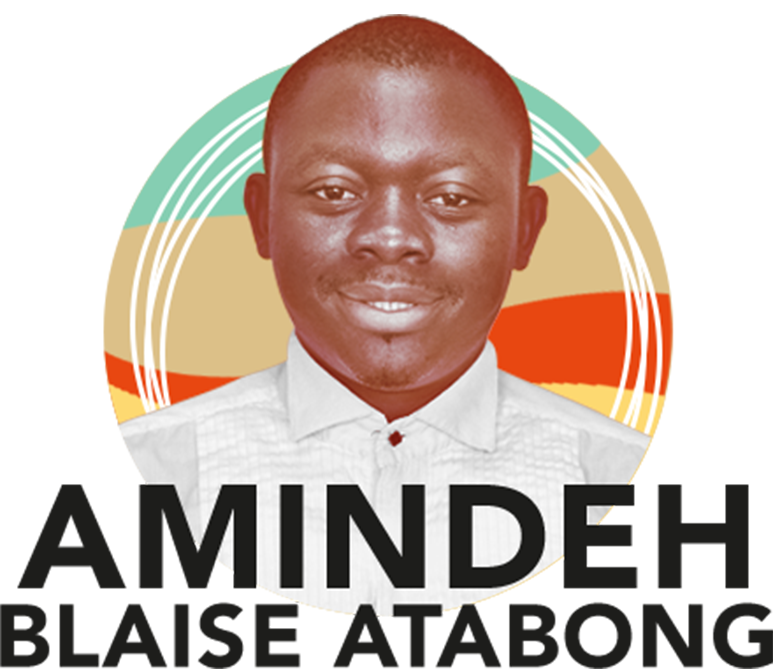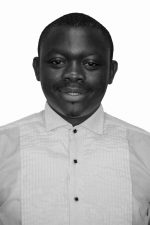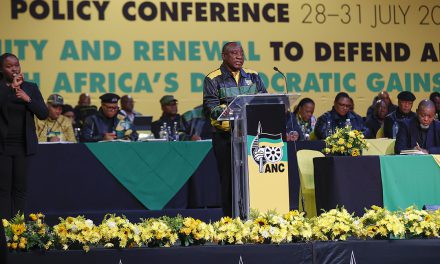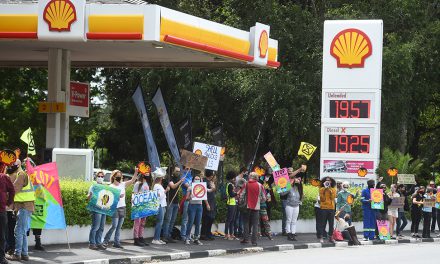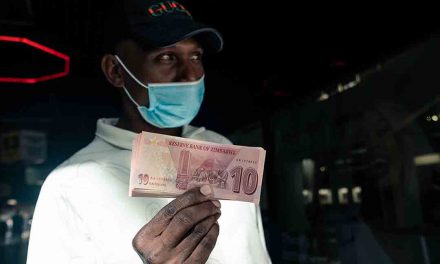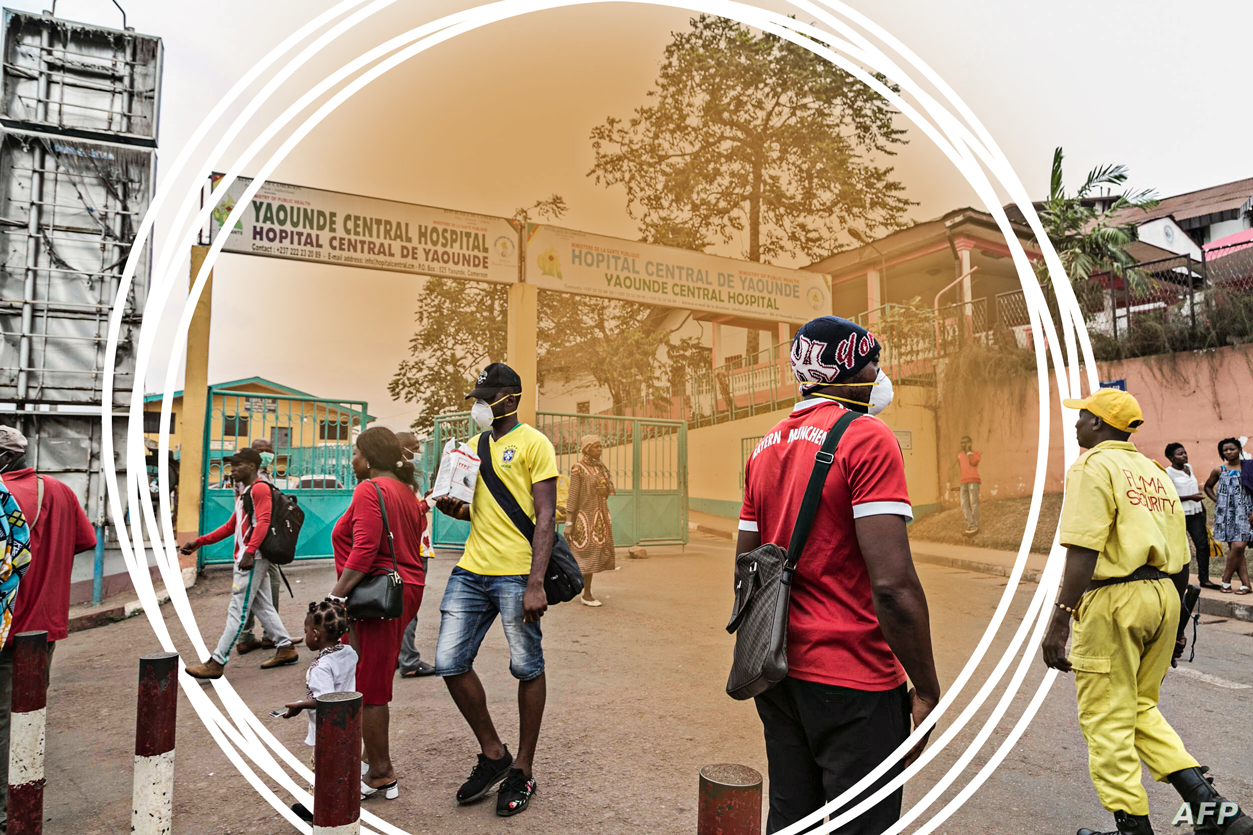
Last Tuesday, President Paul Biya emerged from wherever he was to talk to his people in a televised address broadcast over state media. It was the first time in two months Biya was speaking on the coronavirus, even as it had killed some 140 of his compatriots.
Cameroon registered its first coronavirus case on March 6, and the virus has since then infected 4,890 people, killing 165.
Unlike some of his African peers who have been active on the frontline, the president of the central African nation has been missing in action. The 87-year-old president is ailing. But in fact, during his nearly 38-year-rule, Biya has not been in the habit of paying keen attention to pressing national issues: he has mainly focused on consolidating political power. Over time, he has increasingly adopted a “presidential silence” strategy, which to his cronies is a sign of maturity and wisdom. His critics see this approach, rather, as incapacity and gross failure.
During his nearly 38-year-rule, Biya has not been in the habit of paying keen attention to pressing national issues: he has mainly focused on consolidating political power.
So Cameroonians aren’t unfamiliar with the president’s long absence when the fate of the nation is at stake. Since taking power in 1982, Biya seems not to like staying at the official residence, Etoudi Unity Palace, preferring his private house in Mvomeka’a village or going on numerous “brief private stays” abroad. In 2018, an investigation supported by the Organised Crime and Corruption Reporting Project revealed Biya had spent at least four-and-a-half years of his 35 years in power on private visits out of the country.
Despite his country being among the African countries exhibiting multiple layers of vulnerability, Biya hasn’t shown much concern about the virus like his peer in Uganda, Yoweri Museveni, who made a home workout video to encourage shelter-in-place. Other heads of state have taken on the handwashing challenge (#SafeHands). Given the president’s virtual absence, the prime minister, alongside the minister of public health, have been the key officials leading the government’s response. They claim to be acting on the instructions of the president.
The government has put in place some palliative measures, including border closures, the mandatory wearing of face masks, closed schools and universities, limited gatherings to a maximum of 50 people and a 6pm restriction on the operation of restaurants and nightclubs. But the 6pm restriction has since been lifted and people now congregate in bars and nightclubs to booze and dance.
On April 30, the government announced the reopening of the economy as well as a stimulus package, which includes, amongst other things, an increase in family allowance from 2,800 francs CFA to 4,500 francs CFA and temporary tax accommodation to businesses directly affected by the crisis through tax moratoria and deferred payments.
On April 30, the government announced the reopening of the economy as well as a stimulus package.
The government also cancelled Labour Day (1 May ) and National Day (20 May) celebrations in a bid to stop the contagion. But it has allowed large rallies to address motions of support for Biya. Parliament is also set to reopen face-to-face for the June session.
In his speech of May 19, Biya underscored the need to put aside political squabbles and adopt a common front in the face of the insidious danger posed by Covid-19. But his own government has been doing just the contrary.
A local campaign, Survie-Cameroon-Survival Initiative (SCSI), which has already raised three-quarters of a targeted €1 million for relief efforts, was banned by the government. Perhaps because it was improvised by the main opposition leader Maurice Kamto – Biya’s main challenger and strong critic. At least nine volunteers of the initiative have suffered arrest and detention while distributing free face masks and disinfectant gels. The Imperial College of London estimates that Cameroon would need 2,422 ventilators if cases spike, yet it has just 40, according to a Reuters survey.
This show of power and play of politics is happening at a particularly crucial time for Cameroon. The country is still bearing the brunt of two armed conflicts as well as suffering the economic effects of drops in oil and global commodity prices. The government has insisted that anyone wishing to make a contribution to fight Covid-19 must do so through the Special National Solidarity Fund instituted by Biya. But critics have lambasted such a stance on the grounds that the government lacks public trust.
We’d love to hear from you! Join The Wicked Conversation by leaving your comments below, or send your letter to the editor to richard@gga.org.
Amindeh Blaise Atabong is a Cameroonian freelance journalist. His interests include gender, human rights, climate change, environment, tech, conflict, peace-building and global development. In 2019, he was a finalist in the inaugural True Story Award, and also won a prestigious Kurt Schork Award in International Journalism. His works have been published by independent regional and international outlets, including Quartz, Mail & Guardian, Reuters, Jeune Afrique, Epoch Times, African Arguments and Equal Times.


